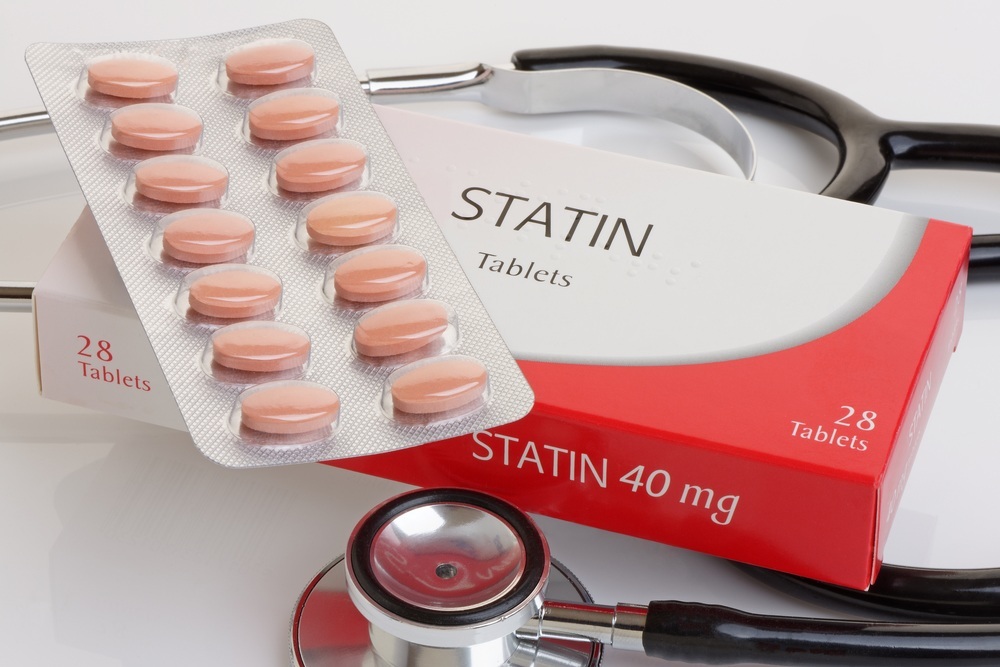Most people taking medication would rather not have to take it. Likewise, some may not actually need it according to a new study on individuals taking high cholesterol medication.
Half of Americans over 40 have considered or are now taking cholesterol-lowering drugs even though, according to the recent study, their chances of having a heart attack are small.
Some cardiologists are now saying cholesterol alone isn’t going to cause heart disease by itself.
“We used to just think of it as ‘Your cholesterol causes plaque build-up, cholesterol causes heart disease,’” Dr. Mike Miedema, a cardiologist at the Minneapolis Heart Institute at Abbott Northwestern, said. “It’s very clear that it’s your cholesterol plus your blood pressure, plus what you eat, plus how much you exercise and your stress level.”
Dr. Miedema, who also took part in the study, suggests high cholesterol does not mean you will have a heart attack. But, patients who are concerned with their cholesterol should receive a scan to determine plaque levels in the arteries. He says how much plaque in the arteries is a better indicator of heart disease risk.
This simple scan could help individuals not at risk with higher cholesterol avoid having to take cholesterol-lowering medications.
Dr. Miedema says heart medications can lead to side effects and don’t benefit individuals with very little risk for having a heart attack.
For more information, read the full story on the report.
How to Improve Cholesterol Levels
Whether you’re taking cholesterol medication or not, there are various things you can do to improve your cholesterol.
The following are some simple lifestyle changes you can make to be healthier.
Eat Healthy
Everyone says the key to being healthy is to eat healthy – but what should you specifically eat?
Aim to reduce saturated fats and eliminate trans fats from your diet.
Saturated fats are found in full-fat dairy products and red meat.
Trans fat is often found in margarine and store-bought cookies, crackers and cakes.
Instead, eat salmon, mackerel, herring, walnuts, and flaxseeds, which are full of omega-3 fatty acids.
Also increase your soluble fiber, usually found in oatmeal, Brussels sprouts, kidney beans, pears, and apples.
Stay Active
Not only do you need to lower your bad cholesterol, but you also need to raise your good cholesterol.
One of the best ways to do that is to stay active and have regular, moderate physical activity levels.
Exercise at least 30 minutes five days a week or do some vigorous aerobic activity 20 minutes three days a week.
Some simple activities include taking a brisk walk, riding your bike, and playing your favorite sport.
Drink in Moderation
While some studies show a positive correlation between moderate use of alcohol and good cholesterol levels, the results are not good enough for you to pick up a drink if you’re currently sober.
However, for those that currently drink alcohol, it’s best that you do so in moderation.
Men should limit themselves to 2 drinks a day if they’re younger than 65.
Men older than 65 and women of all ages should only have one drink a day maximum.
Drinking too much alcohol can lead to high blood pressure and cardiovascular disease.

